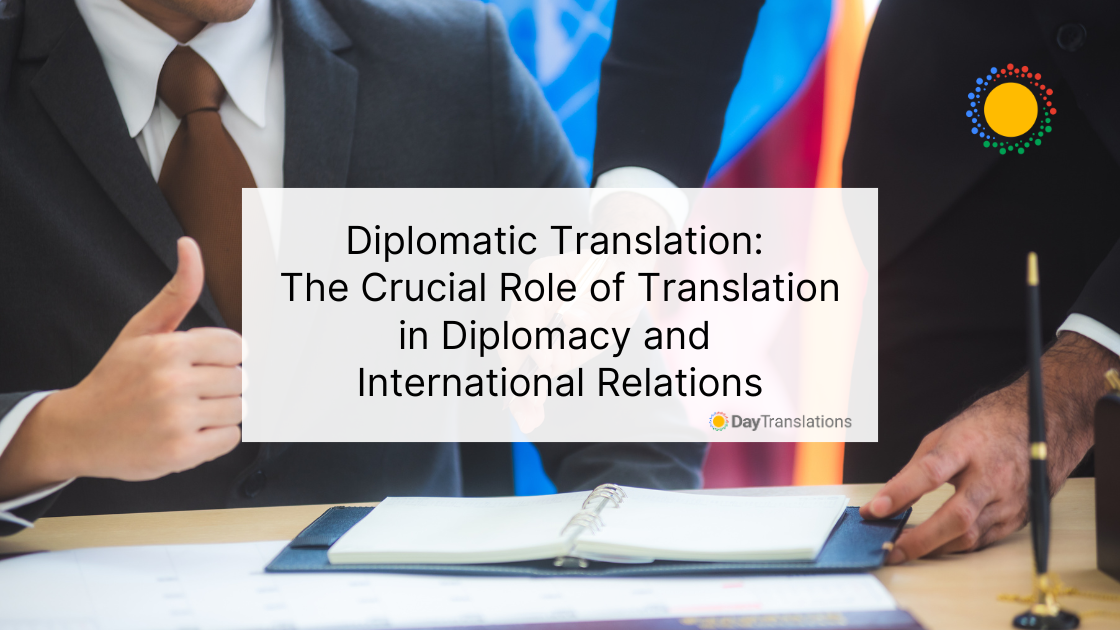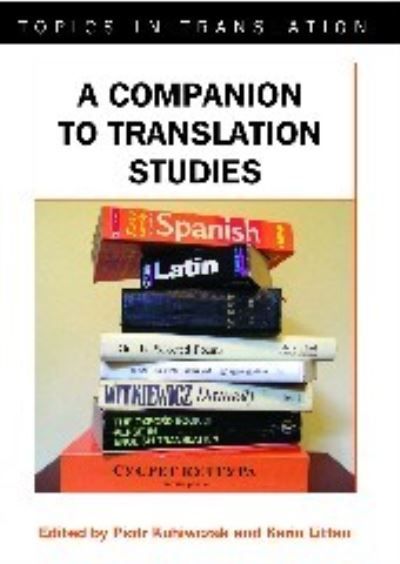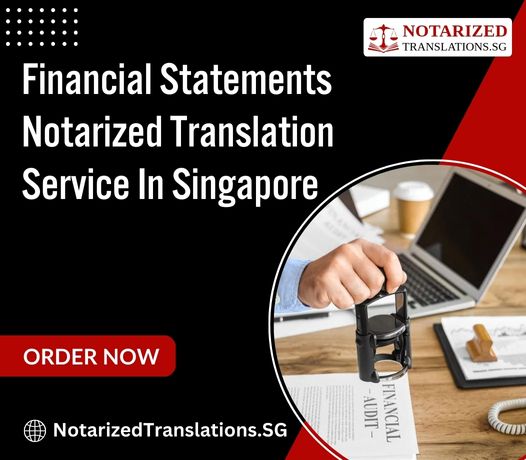
Diplomatic Document Translation for International Relations
- 0
In today’s globalized world, effective communication is essential for successful diplomatic relations between countries. With the rise of international trade, diplomacy, and cooperation, the need for accurate and reliable translation of diplomatic documents has become paramount. From peace treaties to trade agreements, diplomatic documents play a crucial role in shaping the relationships between nations.
Challenges in Diplomatic Document Translation
Translating diplomatic documents is not an easy task. These documents often contain complex legal and technical terms, as well as cultural nuances that must be carefully preserved in translation. Moreover, diplomatic documents are often highly confidential and sensitive, requiring the utmost discretion and professionalism from translators.
Accuracy and Precision
One of the biggest challenges in diplomatic document translation is ensuring accuracy and precision. A single mistranslation or error in interpretation can have serious consequences for international relations. Translators must have a deep understanding of the language and culture of both the source and target countries to ensure that the translated document conveys the intended meaning accurately.
Confidentiality and Security
Diplomatic documents are often classified as highly confidential and sensitive, requiring translators to adhere to strict security protocols to protect the information contained within them. Translators must be trustworthy and reliable, with a proven track record of handling sensitive information with the utmost discretion.
The Role of Technology in Diplomatic Document Translation
Advancements in technology have revolutionized the field of translation, making it easier and more efficient to translate diplomatic documents. Machine translation tools and software can help speed up the translation process and improve accuracy, but human translators are still needed to ensure quality and precision.
Machine Translation vs. Human Translation
While machine translation tools have come a long way in recent years, they still struggle with the complexities and nuances of diplomatic language and communication. Human translators have the linguistic and cultural knowledge necessary to accurately translate diplomatic documents, ensuring that the nuances and subtleties of the original text are preserved.
Choosing the Right Translation Service
When choosing a translation service for diplomatic documents, it is important to consider the expertise and experience of the translators, as well as the security measures in place to protect the confidentiality of the documents. Look for a translation service that specializes in diplomatic translation and has a proven track record of delivering accurate and reliable translations.
Quality Assurance and Review Process
Quality assurance is paramount in diplomatic document translation. The translation service should have a rigorous review process in place to ensure that the translated documents meet the highest standards of accuracy and precision. This may include multiple rounds of editing and proofreading by experienced translators and linguists.
Conclusion
In conclusion, diplomatic document translation is a critical component of successful international relations. Accurate and reliable translation of diplomatic documents is essential for fostering trust and cooperation between nations. By choosing a reputable translation service with experienced translators and robust security measures, you can ensure that your diplomatic documents are translated with the utmost care and professionalism.

